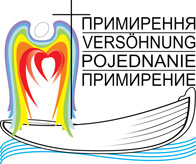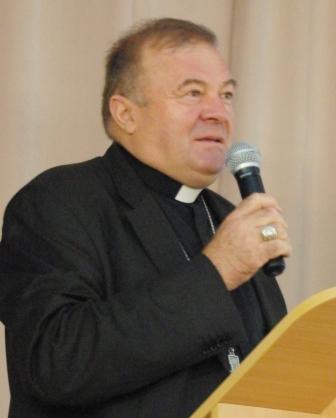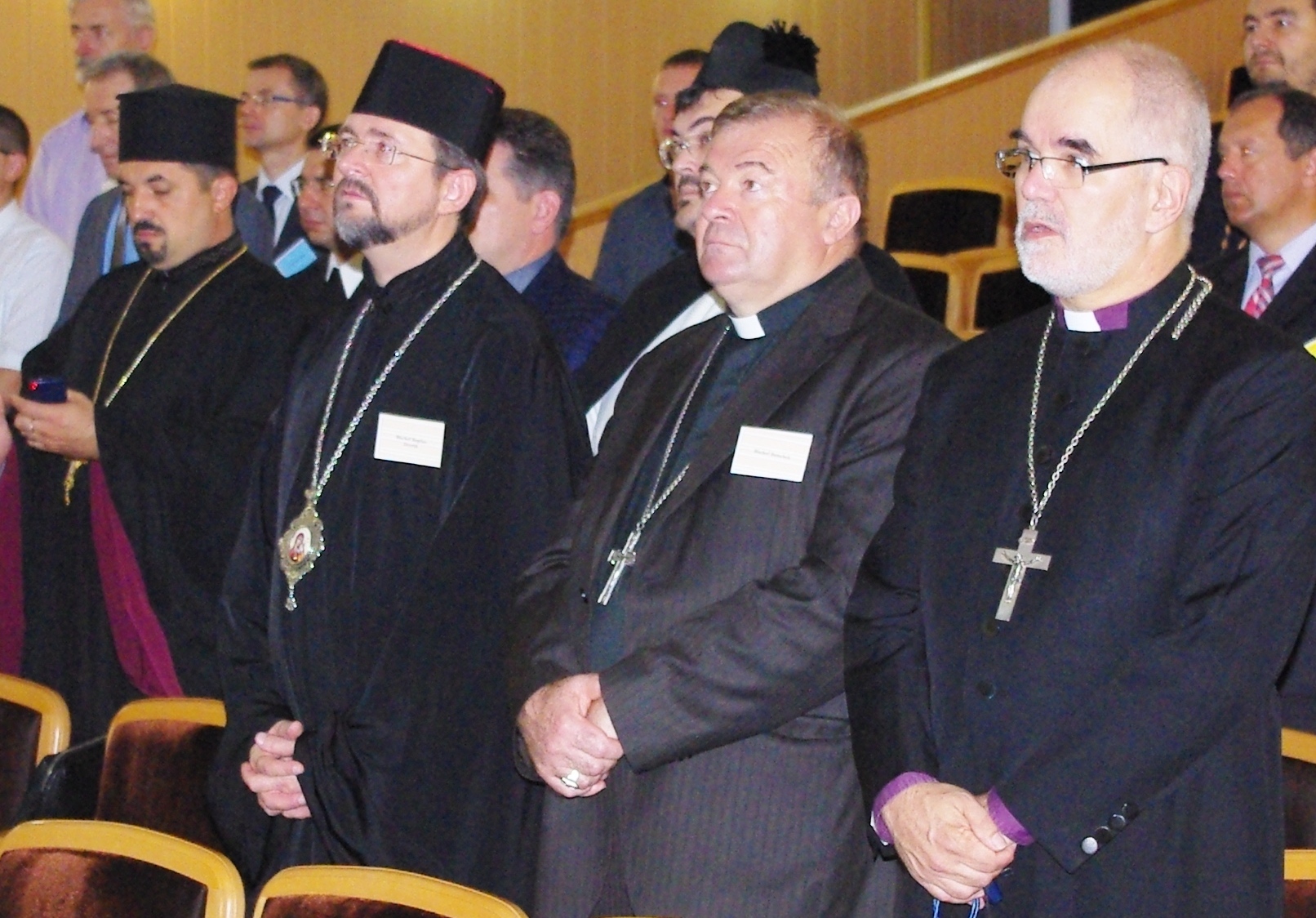In Yalta Representatives of Various Faiths Study the Art of Coexistence

![]()
 The conference “The Art of the Coexistence of Christians: History Lessons and Challenges” brought together about thirty experts and practitioners from Ukraine, Belarus, Germany and Poland to discuss the practical dimension of Christian cooperation. The organizer of the meeting, which takes place October 4-6 in Yalta, is the international group Reconciliation in Europe.
The conference “The Art of the Coexistence of Christians: History Lessons and Challenges” brought together about thirty experts and practitioners from Ukraine, Belarus, Germany and Poland to discuss the practical dimension of Christian cooperation. The organizer of the meeting, which takes place October 4-6 in Yalta, is the international group Reconciliation in Europe.
The Ukrainian Reconciliation group operates as an integral part of the international group, and it includes representatives of four Ukrainian churches: the Ukrainian Orthodox Church, the Ukrainian Greek Catholic Church, the Roman Catholic Church (RCC) in Ukraine, and the German Evangelical Lutheran Church in Ukraine (GELCU).

He also noted the special role of the media to help spread understanding among the laity and reflect the multiplying symbolic gestures of the hierarchy.
Bishop Uland Spahlinger of the GELCU compared the Christian art of communicating with the art of playing a musical instrument – to be a master in one or the other you need a lot of practice.
Participants discussed the history and present coexistence of Christians in Europe, considered issues of the Ukrainian religious landscape, looked for ways to have reconciliation between Christians in Ukraine and how to be a Christian today.
During the first day of the conference two interesting interfaith projects were proposed: a Ukrainian joint martyrology of the twentieth century and a permanent round table, which would write a textbook that examines the complex and painful issue of relations between Christians in Ukraine, and thus ecumenical achievements would become available to all.
Today, on the second day of the conference, participants will review the best practical examples of cooperation between Christians in Ukraine.










